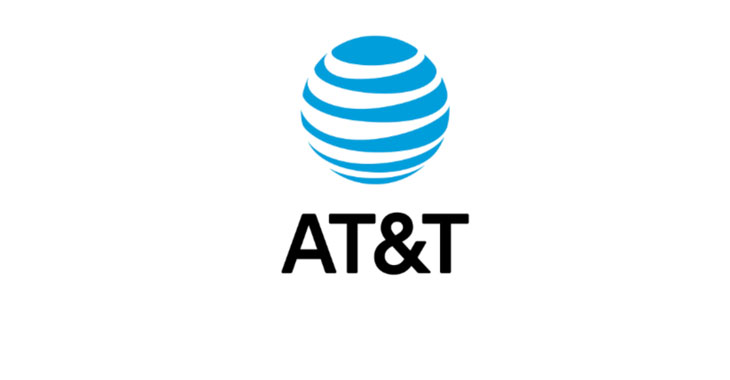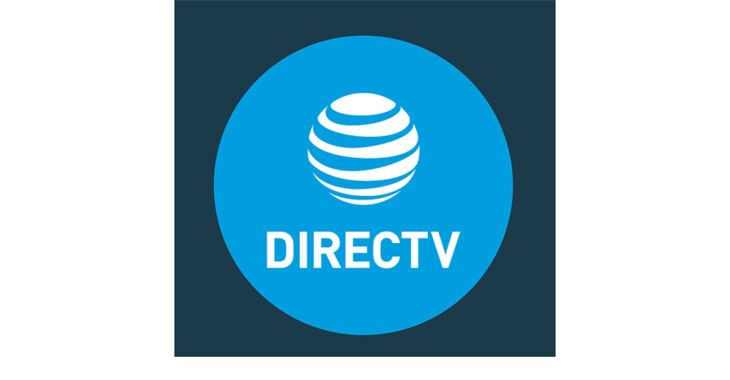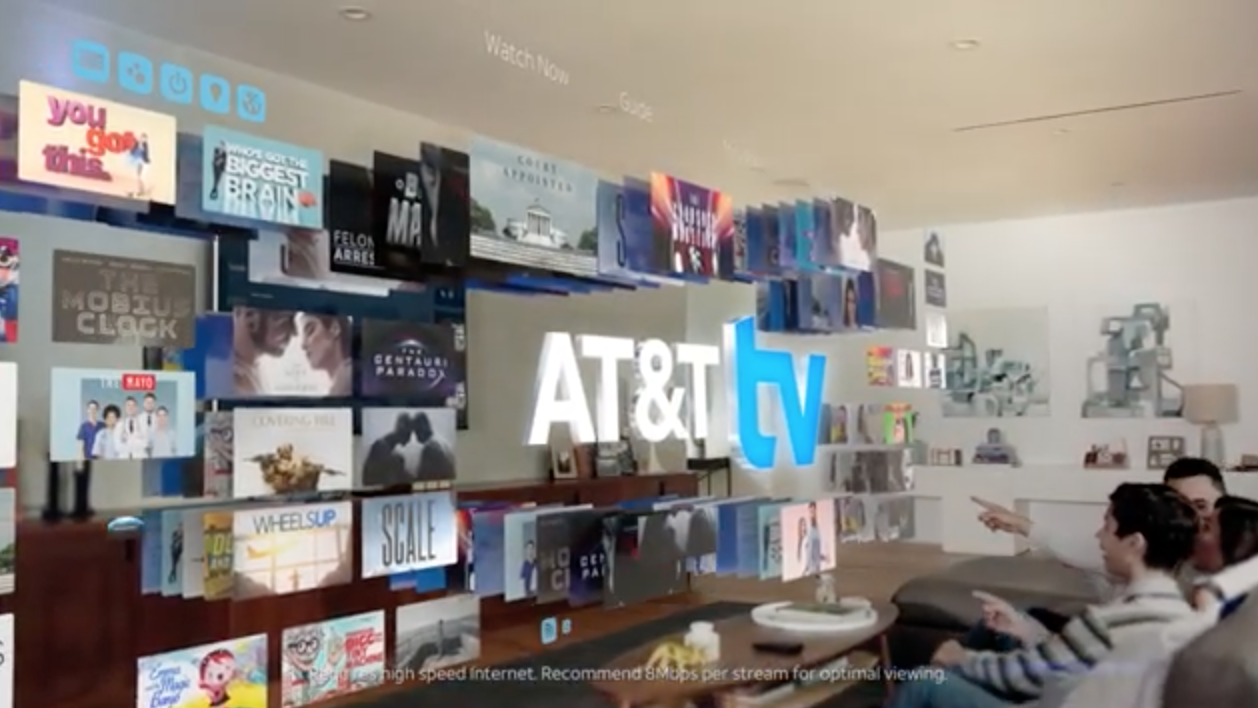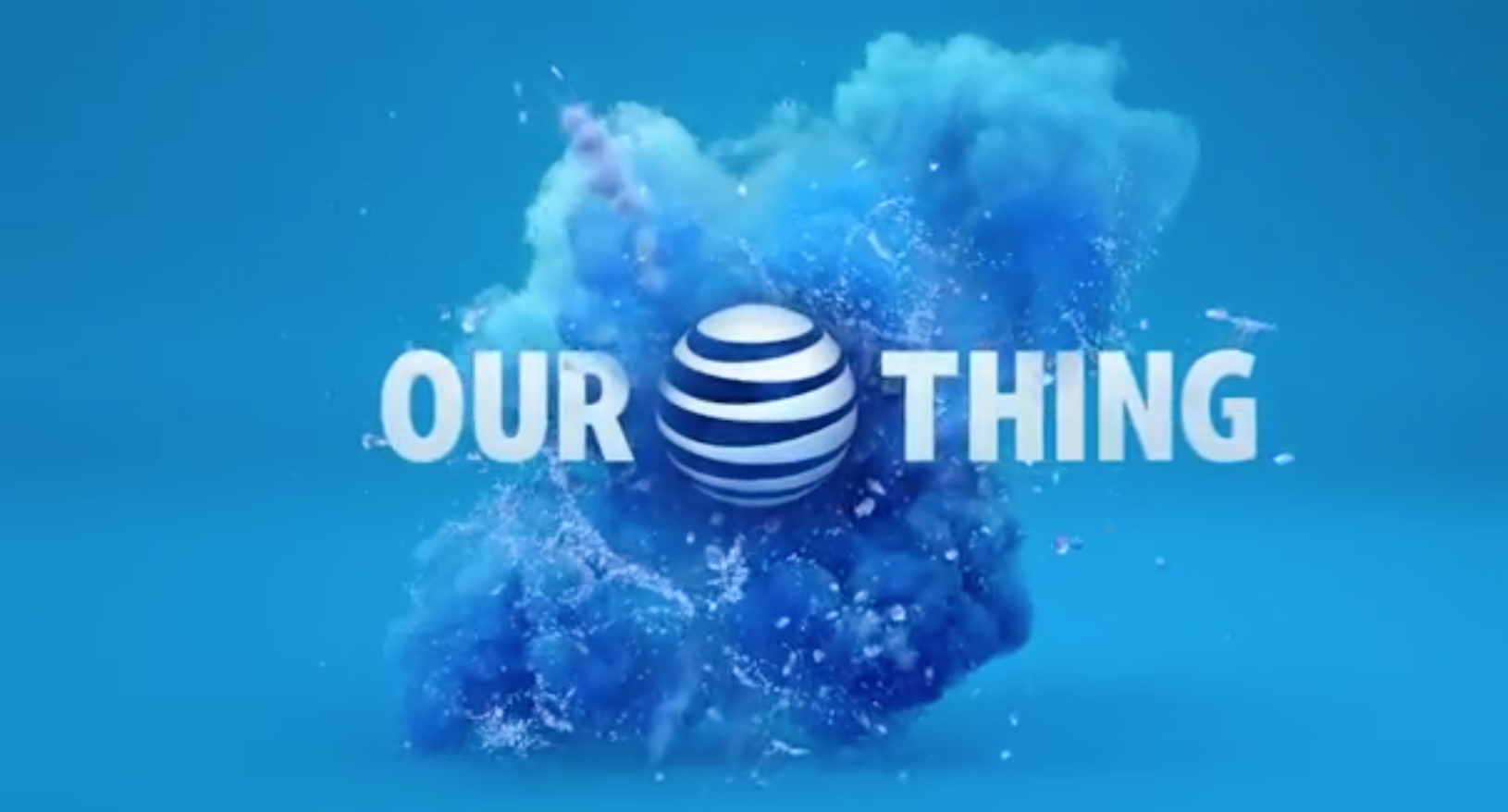
AT&T
Allegations: Falsely representing that it safeguards consumers’ personal information when it failed to do so and the data was breached
In July 2019, a class-action lawsuit was filed against AT&T for allegedly misleadingly representing that it does not share or sell data about customers when, according to the complaint, the company routinely provides information about the real-time location of customers to third parties without the customers’ consent and without legal authority. (Scott et al v. AT&T Inc. et al, Case No. 19-cv-4063, N. D. CA.)
For more of TINA.org’s coverage of AT&T, click here.
Allegations: Falsely representing that it safeguards consumers’ personal information when it failed to do so and the data was breached
Allegations: Misleadingly representing that AT&T is committed to protecting the environment and people when its cables are covered in toxic lead
Allegations: Falsely advertising that phones are unlocked
Allegations: Deceptively promoting data plans as “unlimited” when they are actually subject to limitations
Allegations: Falsely advertising that phone and internet services are reliable and provide superior coverage and speed when the company failed to provide services for multiple weeks
Allegations: Misleadingly representing that it would safeguard consumers’ personal data when it failed to do so and there was a breach
Allegations: Misleadingly advertising monthly fees without disclosing certain fees
Allegations: Failing to adequately disclose when customers will be charged international roaming fees
‘The future of TV has finally arrived’ and with it, hidden fees.
A review of TINA.org’s work exposing deceptive marketing tactics by social media influencers.
AT&T says it’s not making a comparison to cable. NAD says differently.
TINA.org finds 95 percent of social media influencers previously put on notice by the FTC breaking the law.
Company’s puffery defense falls flat as NAD recommends changes to commercial.











